Infertility affects approximately 10-15% of couples throughout the United States. But what is it? Many people talk about infertility, but what is it? Infertility is defined by the World Health Organization as a disease of the reproductive system when there is failure to achieve a pregnancy after 12 months or more of regular unprotected sexual intercourse. This disease impairs one of the body’s most basic functions: the ability to get pregnant. Getting pregnant is a complicated process that depends on many factors: on the production of healthy sperm by the man and healthy eggs by the woman; open fallopian tubes that allow the sperm to reach the egg; the sperm’s ability to fertilize the egg when they meet. The ability of the fertilized egg (embryo) to become implanted in the woman’s uterus and good embryo quality. For the pregnancy to continue to full term, the embryo must be healthy and the woman’s hormonal environment adequate for its development. When just one of these factors is impaired, infertility can result. The duration of failure to conceive should be twelve or more months before an investigation is undertaken unless medical history and physical findings dictate earlier evaluation and treatment. Most infertility cases — 85 to 90 percent — are treated with conventional therapies, such as drug treatment or surgical repair of reproductive organs. Infertility is usually diagnosed when individuals or couples have been attempting to conceive for one year without success. There are many treatment options for both men and women. While sophisticated new technologies can help almost everyone who wants to have a baby, many people suffering from infertility can be helped by simple and inexpensive treatments. If you have been trying to get pregnant for more than a year, contact your doctor or a fertility specialist. To learn more about infertility watch and subscribe. If you find the videos helpful or have questions like and comment below Engage with us on social media Facebook https://www.facebook.com/arc.fertilit Twitter https://twitter.com/ARCFertility Linkedin https://www.linkedin.com/company/advanced-reproductive-care To find a fertility doctor or clinic visit https://www.arcfertility.com/arc-network-members/arc-network-doctors/

What is Infertility
- Post author:admin
- Post published:October 15, 2021
- Post category:Uncategorized
- Post comments:0 Comments
You Might Also Like
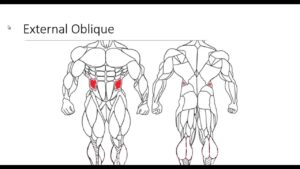
Major Muscle Groups pt 2

Definition Fitness

Instructional Fitness – Back Extensions
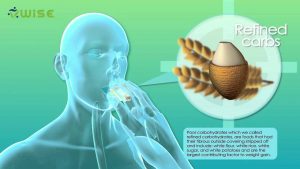
3D medical animation – Why people get fat – Warum Menschen Gewicht zunehmen – designidentity

Spa Business Video – 3
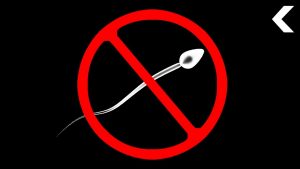
Yes, Sperm Counts Are Plummeting… And Scientists Are Worried

How to do the Arnold Press

Best Foods To Eat Before A Workout For More Energy
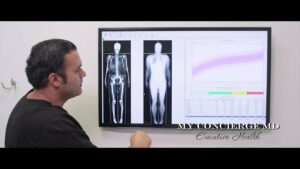
Body Composition testing : What is body composition?

Protein Powders for Weight Loss!
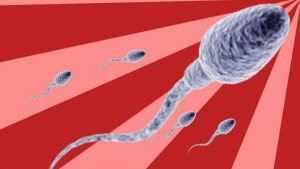
Difference Between Sperm and semen

20 Killer Ab Exercises

Types of Steroids

Human Body, Body Building Muscle Building Anatomy Physiology Video – 29

Side Crunch With Weight-3

Menopause and Weight Gain Simplified | Women’s Health
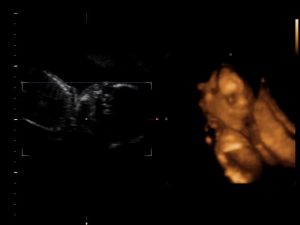
2D & 3D Ultrasound Side By Side Preview (Sonography)
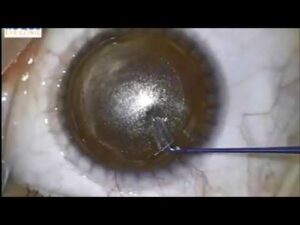
Laser Surgeries Video – 3

Sugar Free, Low Sugar Video – 29

During Workout Nutrition Video – 2
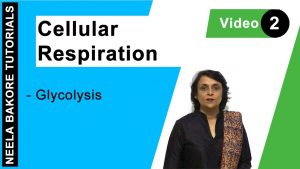
Cellular Respiration – Glycolysis
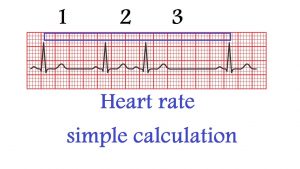
How do you calculate heart rate from ECG?

What TO DO After A WORKOUT!

Trampoline Video – 4

Diet for TB || What food to eat in TB

Anabolic vs Catabolic Fitness States

Gain Weight Fast – Without Eating A Lot?

What Triggers Human Growth Hormone (HGH)? | Dr.Berg

Nutrition Basics — Personal Training
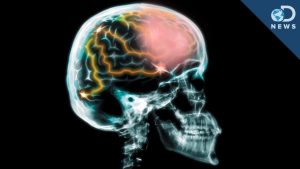
Do We Really Use Only 10% Of Our Brain?
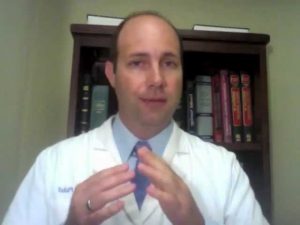
Thyroid Symptoms: What About T4 and T3?

How to Do a Dumbbell Biceps Curl | Arm Workout

Tricep Exercises: Close Grip Press, Skull Crushers, & French Press

TREAT FEVER WITHOUT MEDICINES | TREAT FEVER INSTANTLY

Insulin Resistance: A Bodybuilders WORST Nightmare…

Incline Bench Press ( Dumbbells) : Chest Exercises

Tennis Video – 1
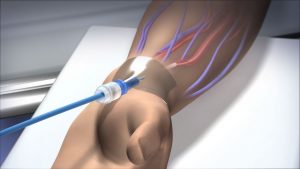
New Route to the Heart – Mayo Clinic

What TO DO After A WORKOUT!

Lat Pull Down-5

Flutter Exercise-2

